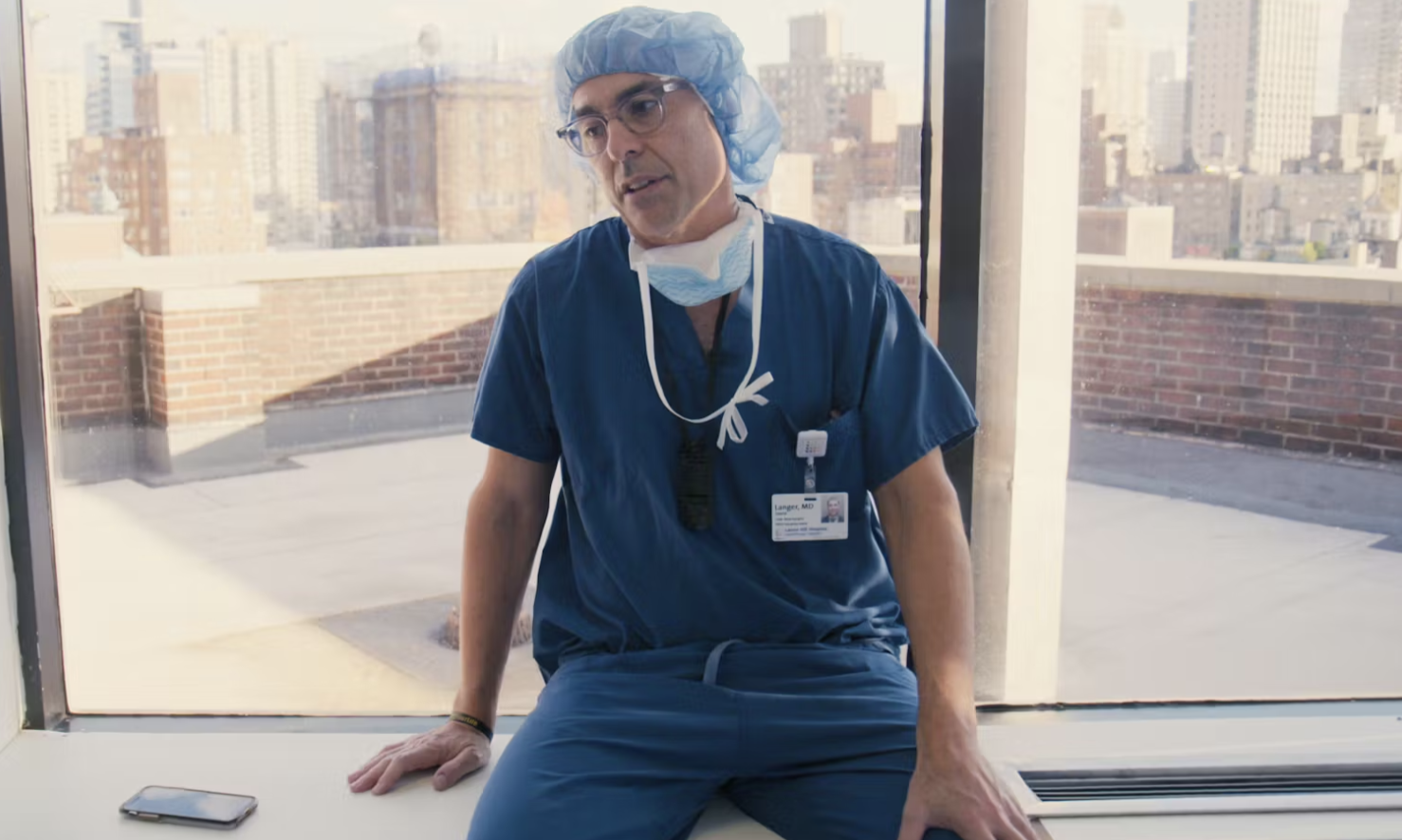How AI meets patient needs without asking more of providers

Of all the people that make up a healthcare system, the growing pressure to guarantee patient satisfaction should not fall solely on our already-burdened clinicians. With the looming burnout crisis causing clinicians to leave medicine altogether, clinicians need all the help they can get. The more systems in place to meet patient needs without leaning on constant provider management the better, and the advent of AI-driven workflows is here to help.
AI is already offering patients a better medical experience, one game-changing feature at time.
1. Replayable video instructions
Anyone who has spent time in a hospital for an unexpected injury or illness knows how jarring the entire process can be. Health Systems using AI-documentation platforms that record clinicians’ exact instructions in video form guarantee their patients know exactly what to do to get better, despite any initial shock from that first hospital visit. After getting discharged, patients don’t have to scramble to remember exactly what their doctor said when they receive a personalized, replayable video saved on their mobile device.
2. Shareable medical journeys
When you’re sick or hurt, your condition can become its own full-time job to manage. AI-powered clinical platforms that enable trusted family and friends to join your digital medical journey offer profound support for patients to communicate with their entire care community. When friends and family are all connected to the same single source of comprehensive medical information via their own mobile devices, health systems’ don’t have to repeat themselves to every caring community member.
3. Flexible clinician schedules
Clinicians who use AI-documentation platforms to streamline their administrative workflows save significant time in their busy days - time that goes toward spending more face-to-face time with their patients. More face-to-face time makes patients feel more connected and cared for, and enables clinicians to practice actual medical care.
4. Connected medical departments
When treatment plans require a crossover of different medical departments, it gets
tedious and time-consuming to make sure each specialist is on the same page when it comes to a patient's medical journey. AI-platforms that organize a patient’s entire medical journey and history in one comprehensive place and then make that digital journey easy to access and share strengthen healthcare communication and save patients time.
5. Mobilized, organized healthcare journeys
Patients seeking to organize their lives via their mobile devices want to do so with their healthcare journeys as well. By mobilizing medical records in a secure way, patients feel more agency over their medical journeys. They can access, review, and stay informed without having to email or call anyone.
Playback Health’s unified platform helps providers help their patients, all while lightening workloads instead of adding to them. Start your free trial today.
What's new at Playback Health?

The “Basilar Ganglia” That Wasn’t: Why Accuracy in Healthcare AI Matters More Than Ever

The “Basilar Ganglia” That Wasn’t: Why Accuracy in Healthcare AI Matters More Than Ever

Why Dr. David Langer Believes Ambient AI Is the Future of Patient Communication

How Playback Pro Is Ushering in a New Era for Air Medical Transport


.png)


.svg)

